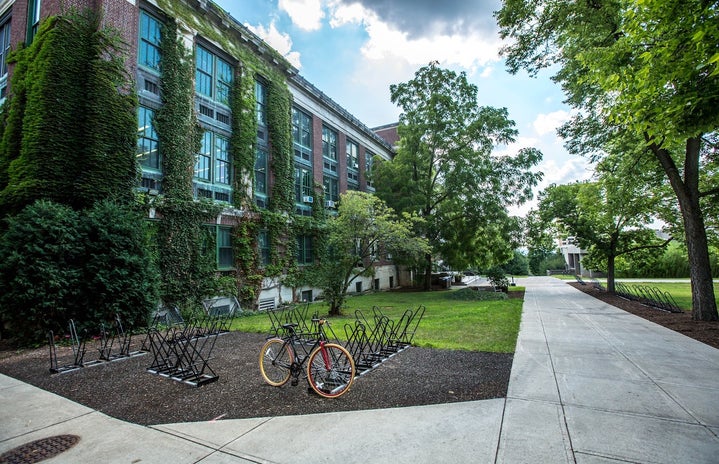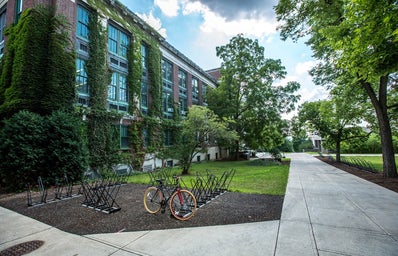The consistent busyness and stress of a student at Stevens Tech can certainly take a toll on one’s mental health. It’s very easy to get lost in all the chaos here with schoolwork piling up, finals approaching and a busy schedule. Here is a guide full of tips to help you clean your mental space at Stevens.
Recognizing the Signs:
- Anxiety: experiencing prolonged worry, nervousness, or feelings of impending doom. This as well may affect your ability to sleep or eat.
- Depression: experiencing persistent feelings of sadness and a loss of interest in your daily activities or things that once brought you joy.
- Stress: becoming easily agitated, frustrated, or easily overwhelmed.
Mindfulness – Practice mindfulness by recognizing your feelings and attempting to understand why you feel this way. You can do this through journaling, talking about your feelings or meditation.
- A good and mindful technique for when you are feeling anxious is the 5-4-3-2-1 technique:
- Acknowledge 5 things you see
- Acknowledge 4 things you can touch
- Acknowledge 3 things you can hear
- Acknowledge 2 things you can smell
- Acknowledge 1 thing you can taste
This practice can help you ground yourself.
Physical Activity – Even if it’s just a walk around the block, it is important to incorporate some activity into your day to just unwind and maybe even breath some fresh air. You need those endorphins released from a good workout!
Balanced Diet – It can be hard to eat well as a college student, but you need to consider if your diet is lacking in nutrition and maybe that’s why you don’t feel good. Foods rich in omega-3 fatty acids or vitamin C promote brain health and will aid your mental health.
Adequate Sleep – College students need 7 – 9 hours of sleep to better help themselves. If this isn’t realistic for you, you should still aim to reach that sleep goal.
- Sleep is needed to regulate your mood, help you think more efficiently, protect your immune system, and increase your productivity.
When and How to Seek Professional Help:
If you’re finding yourself struggling to complete daily tasks/activities its best to reach out to someone in your support systems or CAPS at Stevens
- CAPS (Counselling and Psychological Services) Number: (201)-216-5177 and Email: caps@stevens.edu. The CAPS phone line is staffed 24/7.
- Call or Email in advance to schedule your appointment to speak to a mental health professional. It’s free!
- National Suicide Hotline: Call or Text 988.


